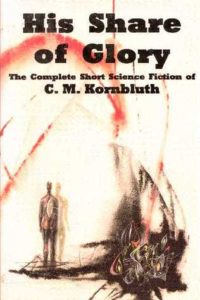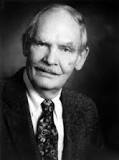 One of the last living links to the early days of science fiction has died. Frederik Pohl entered the hospital yesterday morning with respiratory distress and passed away yesterday afternoon.
One of the last living links to the early days of science fiction has died. Frederik Pohl entered the hospital yesterday morning with respiratory distress and passed away yesterday afternoon.
Pohl started out as a fan and moved to become an editor, agent, and writer. His first editing job came when he was just 19, taking the helm at Astonishing Stories and Super Science Stories. He was also a founding member of the Futurians. He served in World War II, and after the war briefly became a literary agent.
He collaborated with a number of writers throughout the decades, including Lester Del Rey (Preferred Risk as by Edson McCann), Jack Williamson (The Starchild Trilogy, Farthest Star, Wall Around a Star, Land’s End, The Singers of Time) and Arthur C. Clarke (The Last Theorem). His most famous and successful collaborations were with fellow Futurian C. M. Kornbluth, beginning with the classic The Space Merchants, and including Search the Sky, Gladiator-at-Law and Wolfbane as well as a number of short stories.
Pohl edited Ballantine Books’ Star Science Fiction series in the 1950s, introducing the concept of the original (nonthemed) anthology. In the 1960s, he was the editor of Galaxy and If magazines. During the 70s he was an editor at Bantam.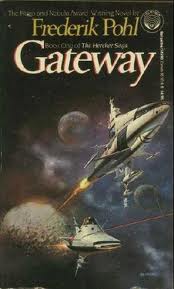
Like his collaborator Jack Williamson, Pohl continued to write novels almost until his death. His most recent was All the Lives He Led (2011). His Heechee saga is one of the landmarks of modern science fiction, especially the first volume, Gateway.
I had the privilege of meeting Pohl once in the summer of 1991, when the Science Fiction Research Association held a meeting on the campus of the University of North Texas. Among those in attendance were Pohl, Jack Williamson, L. Sprague de Camp, and James Gunn. Pohl was very friendly and chatted with me for a bit about what he was working on. The books he signed for me at that event are among the most prized in my library.
I can’t help but feel like an era has ended. I grew up reading science fiction by people like Pohl. In fact, one of the first, if not the first, book I ever bought from the Science Fiction Book Club was The Best of Frederik Pohl. I bought almost every SFBC edition of his work until I graduated high school.
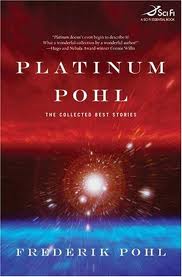 He will be missed. As cliched as it sounds, we shall not see his like again. Many of his novels are still in print, and his best short fiction was collected a few years ago in Platinum Pohl, which contains a number of stories written after The Best of Frederik Pohl was published.
He will be missed. As cliched as it sounds, we shall not see his like again. Many of his novels are still in print, and his best short fiction was collected a few years ago in Platinum Pohl, which contains a number of stories written after The Best of Frederik Pohl was published.
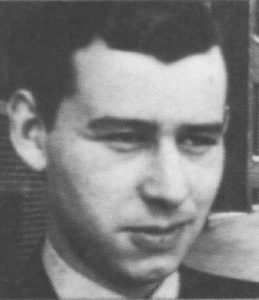 Cyril Kornbluth (1923-1958) was born on this date, July 23. He died of a heart attack. Had he lived, he probably would have become the editor of The Magazine of Fantasy and Science Fiction.
Cyril Kornbluth (1923-1958) was born on this date, July 23. He died of a heart attack. Had he lived, he probably would have become the editor of The Magazine of Fantasy and Science Fiction.
